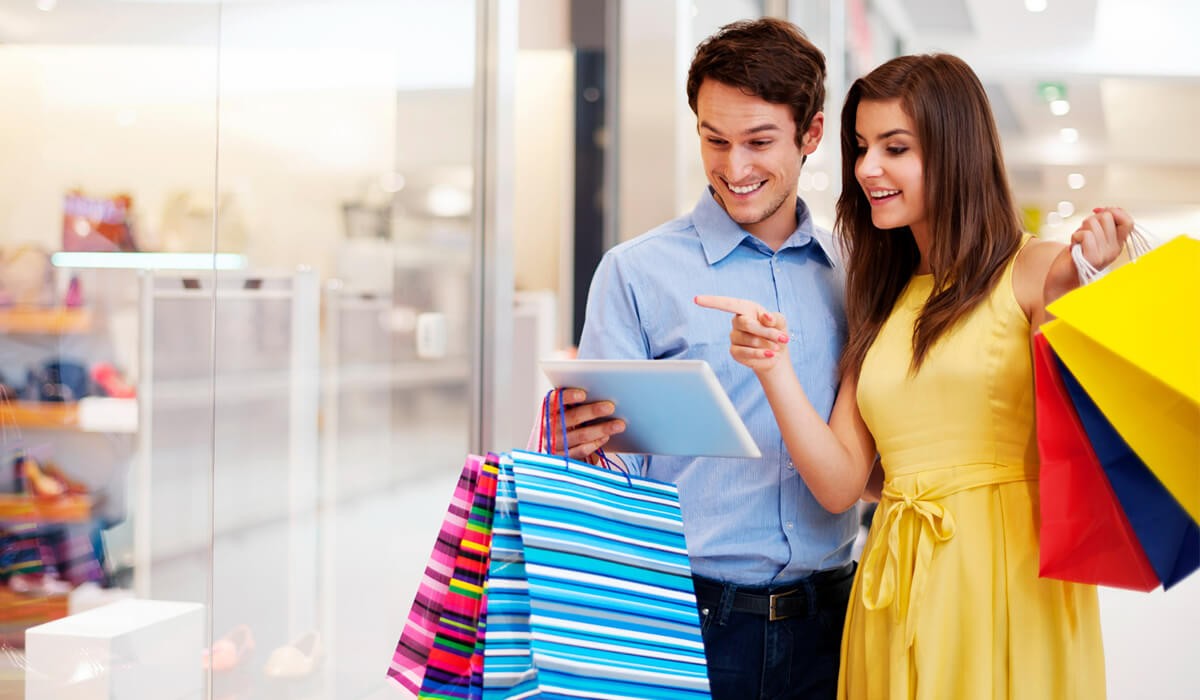Despite increasing gas prices and inflation, consumers want to make purchases over the summer holidays.
“Those who plan to participate plan to spend more or the same as they did last year,” Tory Brunker, senior director of product marketing at Adobe Commerce, agreed. “Those adopting personalized commerce strategies, from recommendations to giving them various options to pay for products online, will succeed. Doing this makes consumers more likely to purchase an item.”
Adobe Commerce, powered by Magento, supports the digital commerce strategies for thousands of companies and leading retailers. It recently surveyed individuals across the United Kingdom to better understand consumer sentiment on the economy and its influence on purchasing habits.
The results highlighted the significance of providing personalised shopping experiences, particularly for merchants trying to stand out and build consumer loyalty during the summer shopping season.
Nonetheless, there remains a "mismatch in customer expectations" when compared to retailers. Most shoppers expect fewer items on sale and lower discounts.
Target, on the other hand, has told Adobe that it has excess inventory and plans to apply greater discounts on items, according to Brunker.
Although consumers are decreasing their spending on nice-to-have things, new data suggest that online spending is set to increase this summer, as 61% anticipate summer holiday deals such as Amazon Prime Day.
76% expecting to make purchases on Prime Day and other discount days say they will spend more or the same as last year.
The motivation varies: 56% say they save money by purchasing on Prime Day, 32% want to be ahead of their seasonal holiday, and 23% are thinking about back-to-school shopping.
Buyers want brands to know what they're looking for. AI-driven product recommendations are used by B2C and B2B firms to advise goods based on user behaviour, product sales, visual aspects, or current trends.
67% of respondents said they would like to receive customised incentives or offers based on their spending habits while purchasing in-store or online. 61% said getting these promotions will increase their probability of making a purchase.
There is also some generation gap in purchase probability, with Gen Z at 72%, Millennials at 78%, and Gen X at 66%. 72% who received personalised suggestions said it prompted them to buy more things than they had planned.
Nonetheless, retailers will have to negotiate an increasingly dynamic commerce market this year. They are facing growing competition for consumer spending, as well as increased customer expectations for personalised purchasing experiences.
According to the research, 93% of customers polled said they purchase online, with 50% of Gen Z, 49% of Millennials, and 35% of Gen X doing the majority of their shopping that way.
50% of survey respondents stated they are more inclined to make retail purchases on mobile phones, compared to 26% who prefer in-store shopping and 24% who prefer computer or desktop purchasing.
Customers also desire one-of-a-kind purchasing experiences.
For example, 37% of those surveyed are open to the idea of augmented reality experiences, 28% are interested in immersive and interactive shopping experiences, such as shopping in the metaverse, and 26% have engaged in live-stream shopping events.







 Applicable for Package
Applicable for Package Optional
Optional